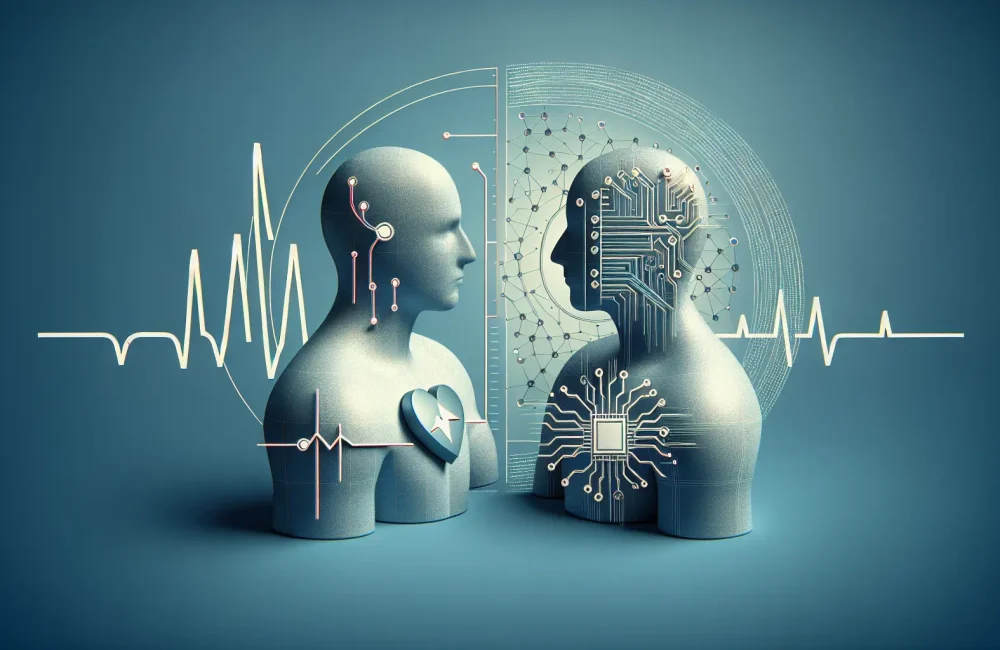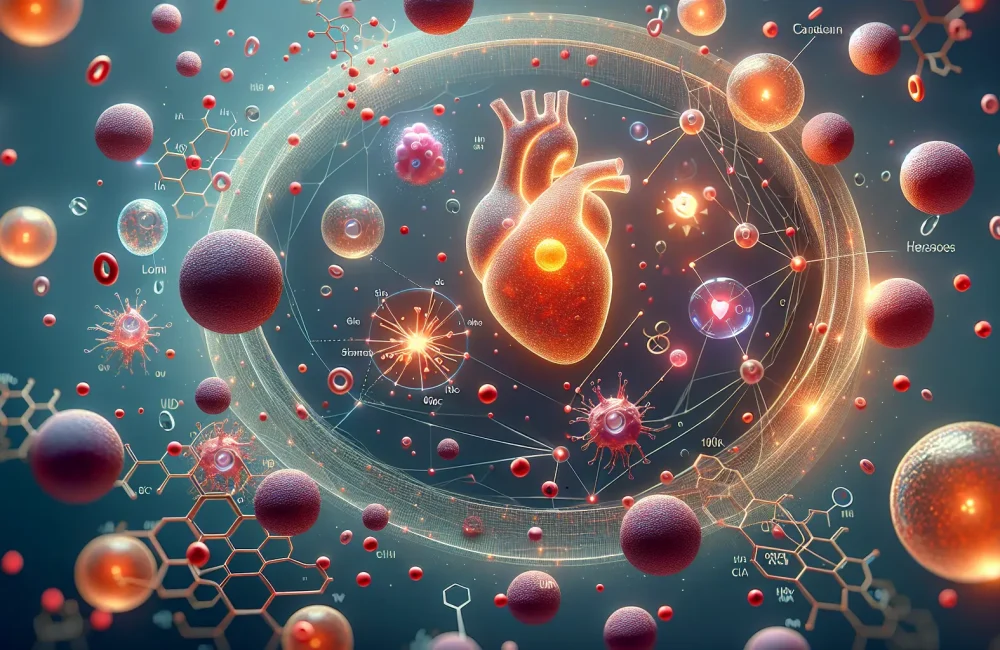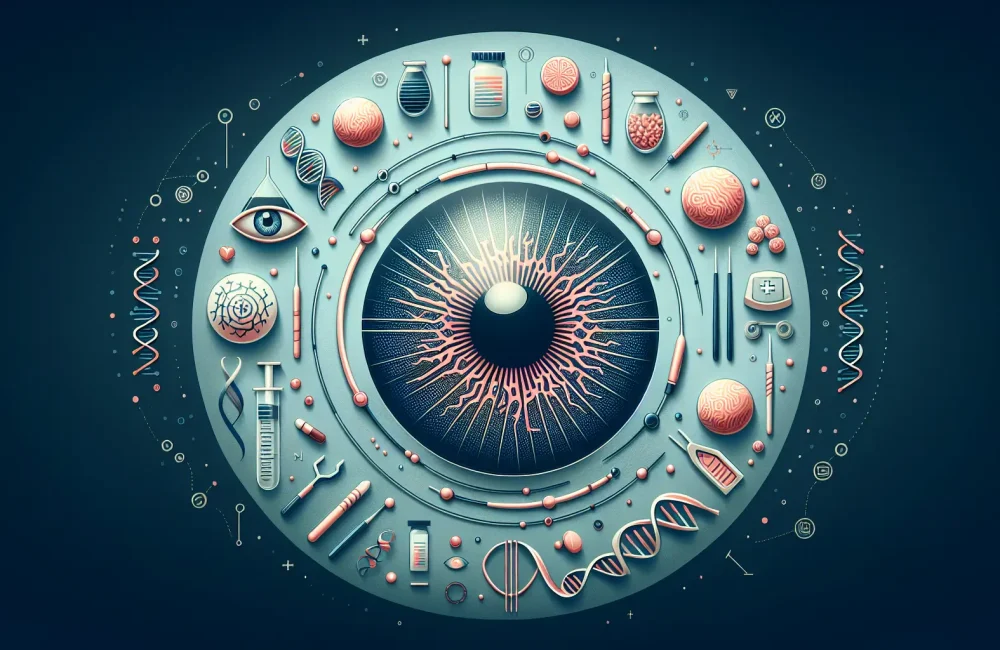By CAFMI AI From npj Cardiovascular Health (Open Access)
Challenges in ECG-AI Generalizability
Artificial intelligence (AI) models using electrocardiograms (ECGs) have shown significant promise for detecting and predicting cardiovascular diseases. However, their generalizability remains a major concern, particularly when these models are applied outside the populations and settings in which they were developed. Differences in patient demographics, comorbidities, types of ECG machines, and data annotation methods can all influence AI performance, leading to reduced accuracy in real-world clinical practice. Studies indicate substantial variability in AI model effectiveness across geographic regions and clinical contexts, highlighting the need for caution when interpreting results from AI tools trained on limited or homogeneous datasets.
Strategies to Improve Model Applicability
To combat these issues, it is critical to use large, diverse, and representative datasets during model development. Approaches such as domain adaptation and transfer learning can help AI models adjust to new settings by learning relevant features transferable across populations. Furthermore, rigorous cross-validation techniques and standardized protocols for ECG data collection and reporting are essential to ensure reproducibility and facilitate objective comparisons between models. These efforts help create AI tools that perform consistently across various healthcare environments, which is particularly important for primary care physicians who serve diverse patient populations and rely on accurate cardiovascular risk assessments.
Future Outlook and Clinical Integration
Looking ahead, ECG-based AI models will benefit from integration with other types of patient data like imaging and laboratory results, which can improve predictive accuracy and clinical relevance. Continuous updating of AI algorithms with fresh data will help maintain their performance over time. Ethical concerns including transparency, potential biases, and patient safety must be addressed with strict regulatory oversight. For primary care, the broader deployment of reliable ECG-AI tools promises improved early detection and personalized management of cardiovascular conditions, supporting better patient outcomes with streamlined workflows.
Read The Original Publication Here






